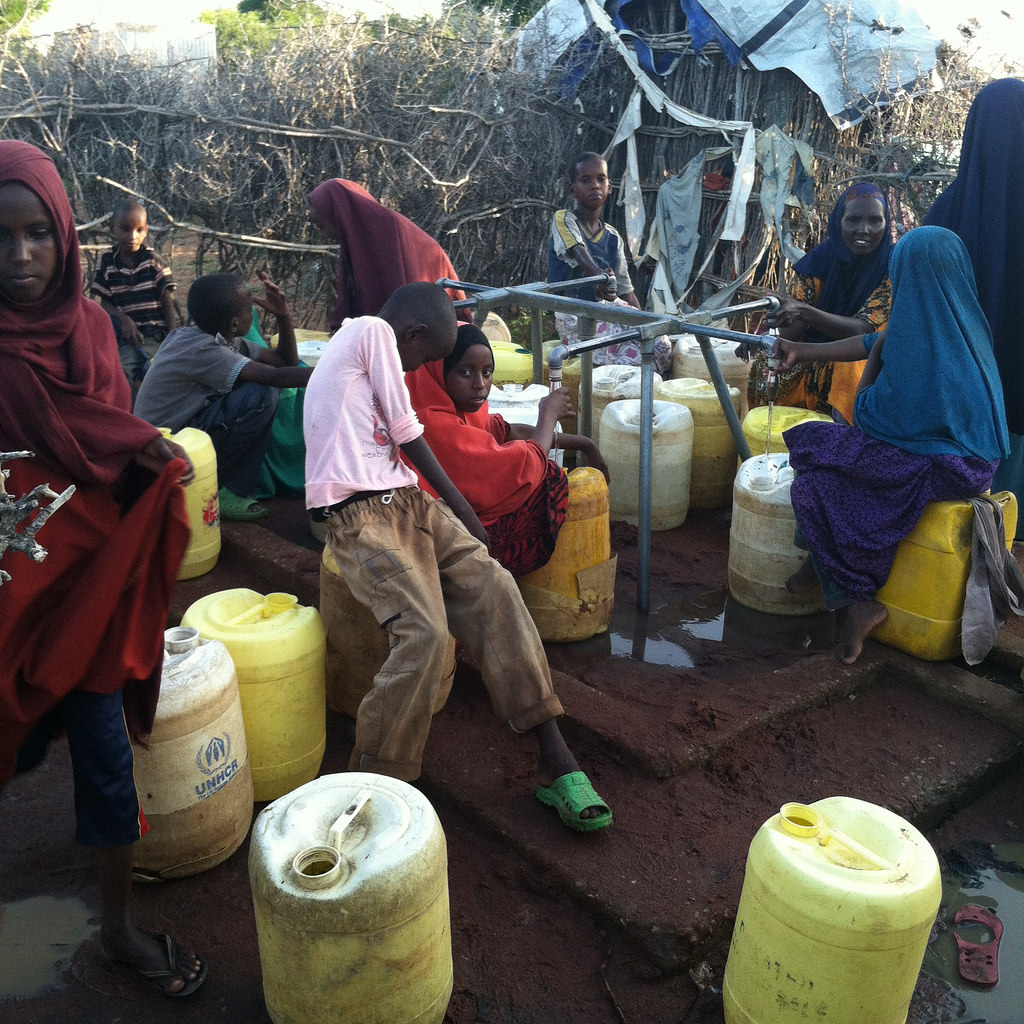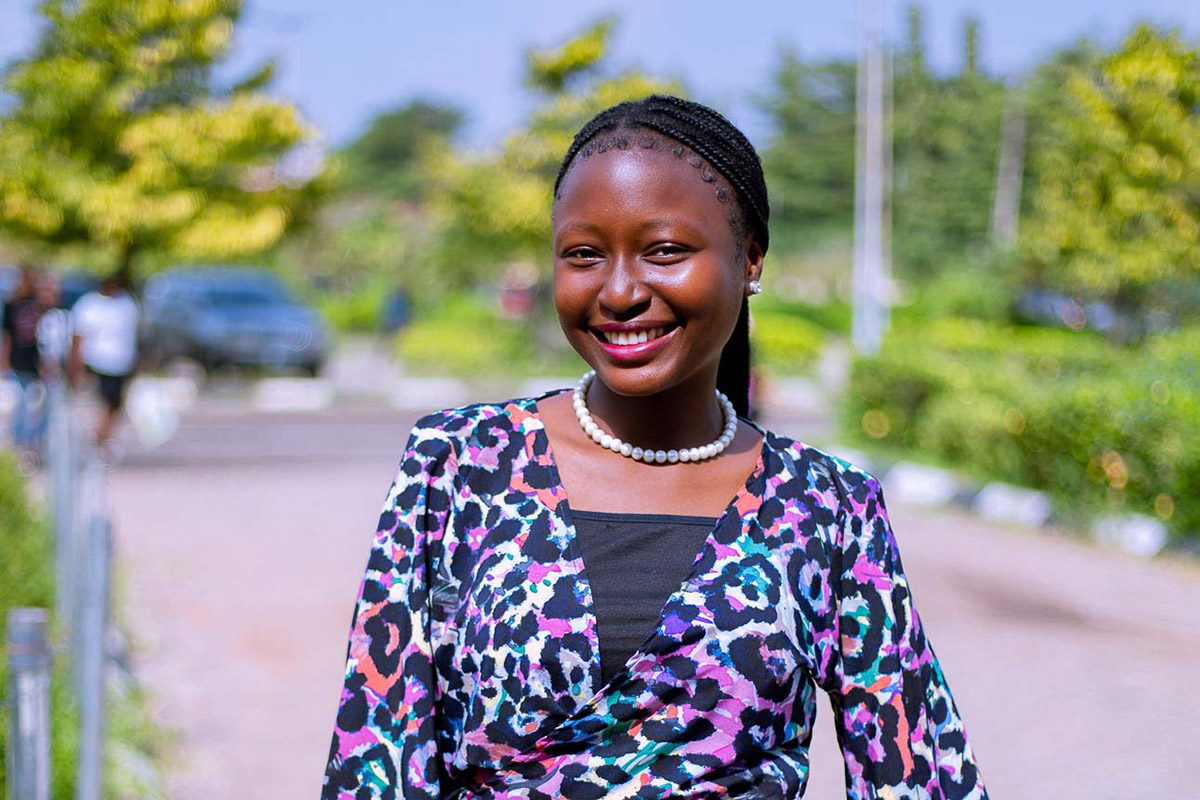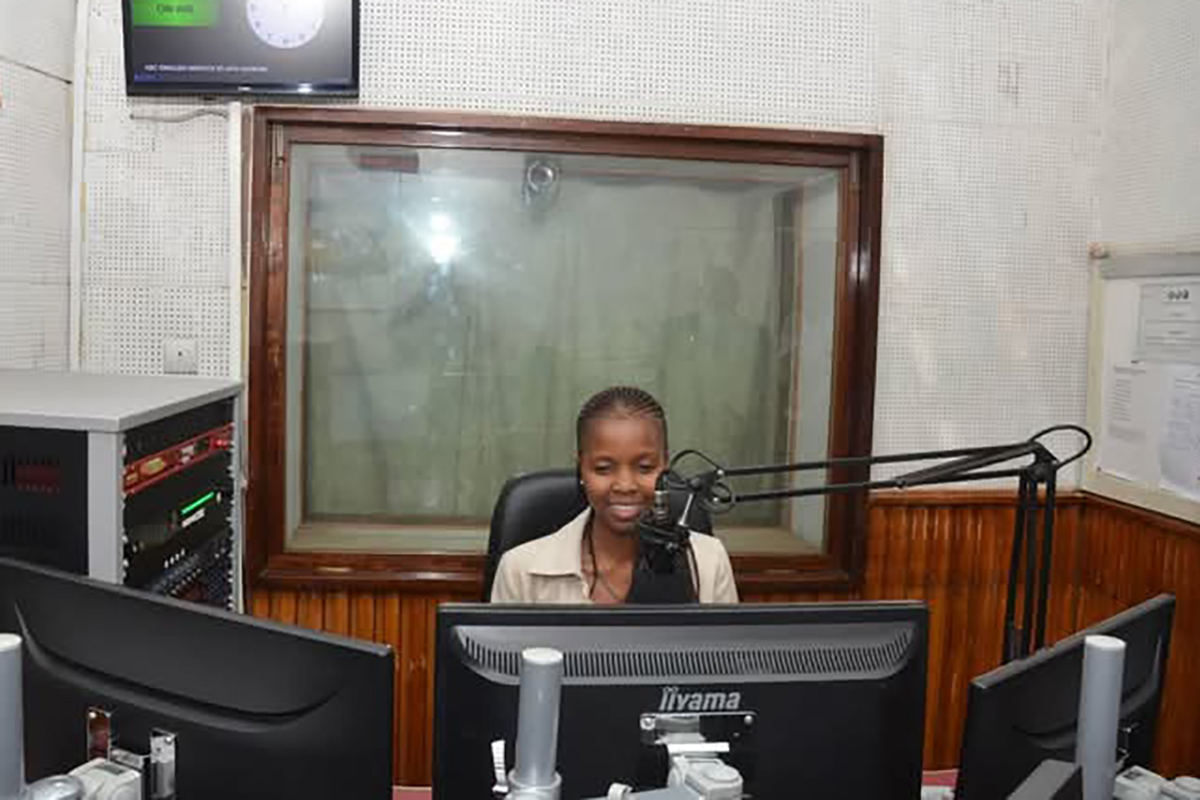“Need to rethink refugee protection programming in Africa”
September 14 Major shifts in global politics are fast shaping the refugee protection regime in Africa in a way that threatens to negatively affect humanitarian action towards refugee populations in the region, writes Joshua Orawo, 27, a Commonwealth Correspondent from Kenya.
Major shifts in global politics are fast shaping the refugee protection regime in Africa in a way that threatens to negatively affect humanitarian action towards refugee populations in the region, writes Joshua Orawo, 27, a Commonwealth Correspondent from Kenya.
Two recent happenings have substantially affected and continue to affect funding for refugee protection programmes in the region. The first phenomenon threatening to throw the refugee protection regime in Africa into disarray is the European refugee crisis, which has shifted the attention related to refugee protection from Africa to Europe.
With the systematic surge in the number of refugees moving into Europe since 2015, traditional donors to refugee programmes are naturally directing their resources to the more urgent and seemingly dire European situation. Whereas this may be the logical humanitarian decision, the downside is that the African refugee programmes – which are overly reliant on donor funding since antiquity – suffer loss of funding to sustain their interventions.
The other major setback to the regional refugee regime is President Donald Trump’s policies on refugees and funding for humanitarian aid. The US government’s Bureau of Population, Refugees, and Migration (BPRM) has been one of the largest donors to refugee programmes in Africa. While it has effected funding cuts for African refugee programmes over the last two years due to the European phenomenon, Trump’s ascension to power seems to have been the final nail in the casket for BPRM African refugee programmes. In 2017-2018, more than 50 per cent of humanitarian agencies previously generously funded by BPRM will not get a single coin from the Bureau.
While this creates a grim picture of the future of refugee protection programming in Africa, the reality is that the refugee crisis in Africa is not a phenomenon whose end we can authoritatively forecast. Without sounding skeptical, the African refugee crisis is as present as the political instability that has rocked the region for the 50 years of independence, making it imperative that a sustainable solution be devised for the refugee situation. It is now clear that over-dependence on donor funding for refugee programming can only create dependent populations that cannot survive the withdrawal of such donor funding.
One fault of the refugee programme is its failure to provide sustainable interventions to the persons concerned. This has been blamed on the policy of most host governments against local integration of refugee populations or other practices that may entrench a form of permanency to the refugee situation, such as allocating farm-land and implementing settlement plans. In fact programmatic sustainability does not necessarily require permanency.
The food distribution model implemented in most refugee operations is in my view only justifiable for new arrivals who are trying to settle down. But for persons in a protracted refugee situation ranging from five to 20 years the said food distribution model is a failure of epic proportions. It is a failure by all stakeholders: host governments, the UN, development partners and all of us global citizens. A failure on one hand because there is no dignity in receiving free food for 20 years, and a failure on the other hand because this model is overly dependent on donor resources and goodwill. Whereas donor resources and goodwill are in fact the drivers of most humanitarian operations, it is incumbent upon recipients to apply them in building sustainable operations that can stand in the event they are withdrawn. This model is based on a defective premise that refugee operations will forever be recipients of donor funding.
The other point I will seek to make is the fact that the refugee crisis is a political problem and its solutions must necessarily be political. Perhaps this explains why enormous humanitarian aid has failed to resolve the refugee situation over the years, both in Africa and around the globe.
Attainment of political stability in African countries is the first and single-most important step toward putting an end to the African refugee crisis. The leading cause for displacement of populations in Africa is civil war in their countries of origin. Political stability means an end to the endless wars in African countries and that populations will have no reason to flee their countries of origin to seek refuge in other countries. It means that the various stakeholders would only need to be concerned with attainment of durable solutions for previously displaced populations currently living as refugees or internally displaced persons. It means no new displacements, internal or cross-border. It also means that repatriation would be the most preferable durable solution for most displaced persons. Repatriation would in fact be voluntary because it would be based on the free will of the persons returning and on informed decision as far as the (stable) situation in the country of origin is concerned.
Whether or not we attain political stability lies squarely in the calibre of persons occupying positions of power in the region. With over 15 African countries in war, populations will naturally continue fleeing from their habitual residence to places experiencing apparent calm and stability. Apart from the countries experiencing actual war, a number of African countries are experiencing post-war conflict and tension, which scares citizens into neighbouring territories while keeping those already away from returning home. The foregoing state of affairs is responsible for the sustained displacement cycle in the continent.
With the European refugee crisis overshadowing the protracted refugee situations in Africa and taking major donors with it, and President Trump working toward restrictive policies on refugees and resettlement, there’s a call for a paradigm shift in refugee protection programming. This shift must touch on all aspects of refugees’ lives, right from the point of reception into asylum countries through status determination and stages that follow. The shift must seek to make all interventions as sustainable as possible while exploring durable local solutions.
The planning and implementation of this model, like the planning and implementation of any other programme, require the input of refugees, host governments, host communities, the United Nations, developmental partners, and sometimes the governments of countries of origin. Under this model, host governments must work with United Nations High Commissioner for Refugees in implementing local integration, especially for refugees in protracted contexts.
photo credit: ConDevCenter Dadaab via photopin (license)
………………………………………………………………………………
About me: A community-mobilizer, youth activist and laws graduate, I am the Executive Director of Intreach Community, a civil society organisation involved in philanthropy for impoverished children and other under-served societal groups. I work towards all inclusive political leadership, where the youth, women and children can voice their concerns without fear and where equality and mutual respect thrive; and a society where fundamental human rights are revered.
…………………………………………………………………………………………………………………
Opinions expressed in this article are those of the author and do not necessarily represent the views of the Commonwealth Youth Programme. Articles are published in a spirit of dialogue, respect and understanding. If you disagree, why not submit a response?
To learn more about becoming a Commonwealth Correspondent please visit: http://www.yourcommonwealth.org/submit-articles/
…………………………………………………………………………………………………………………




